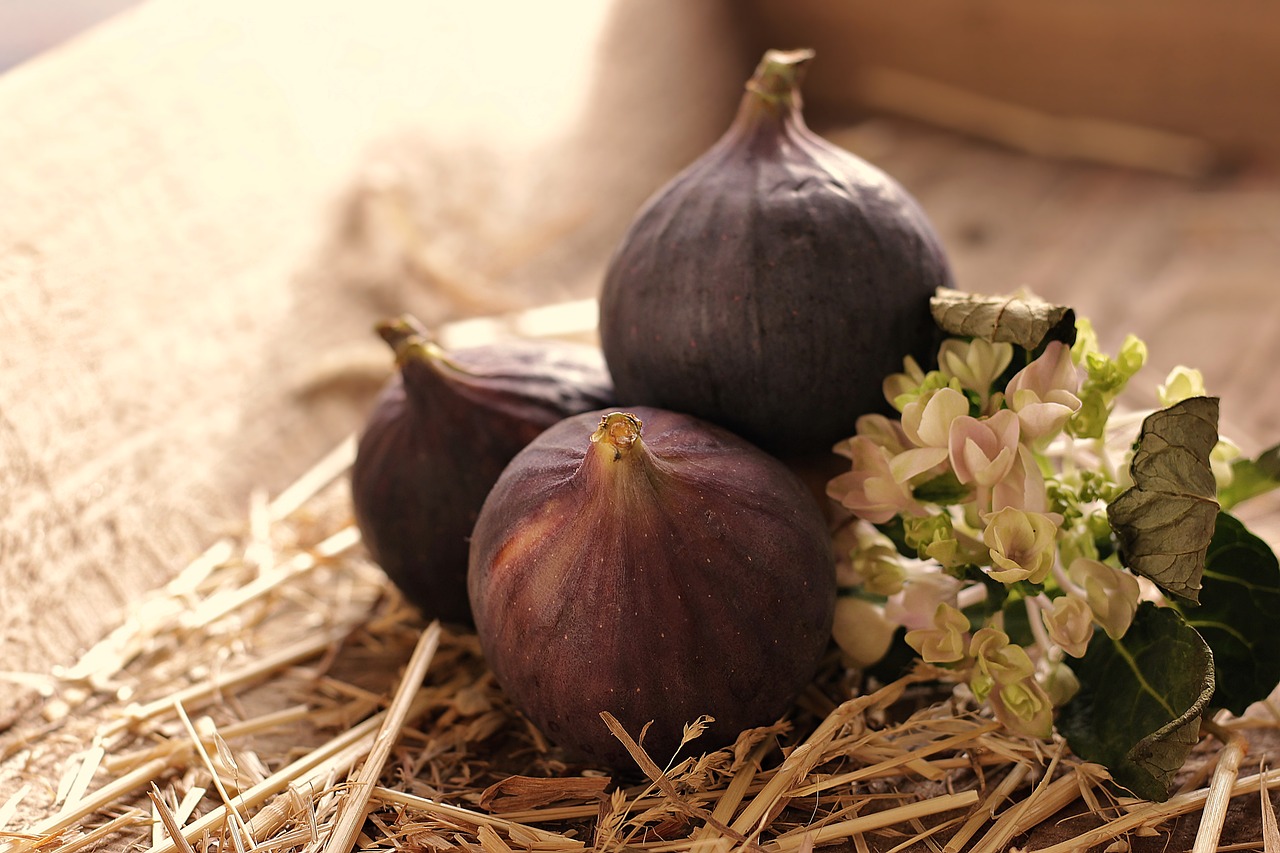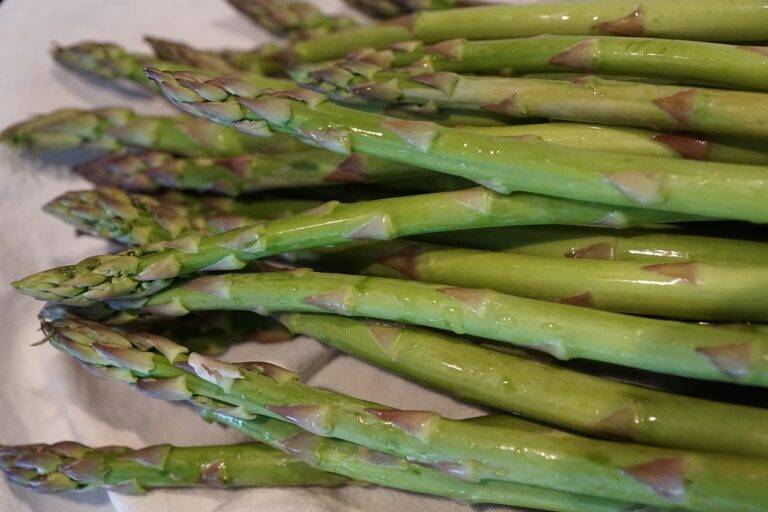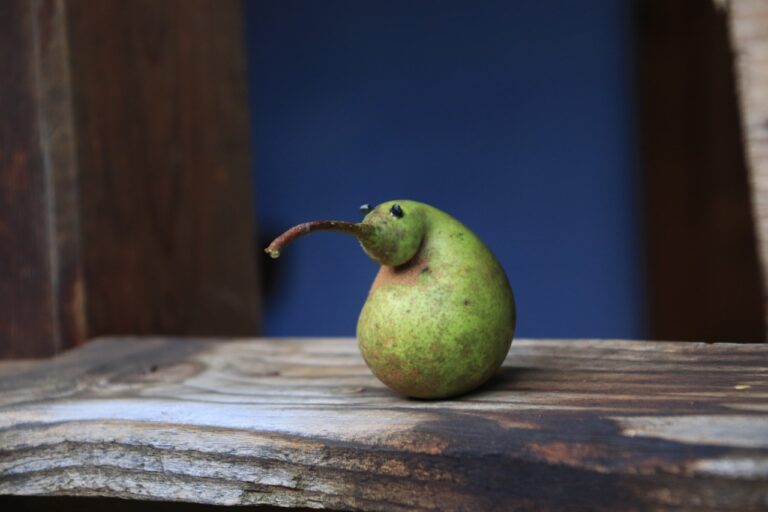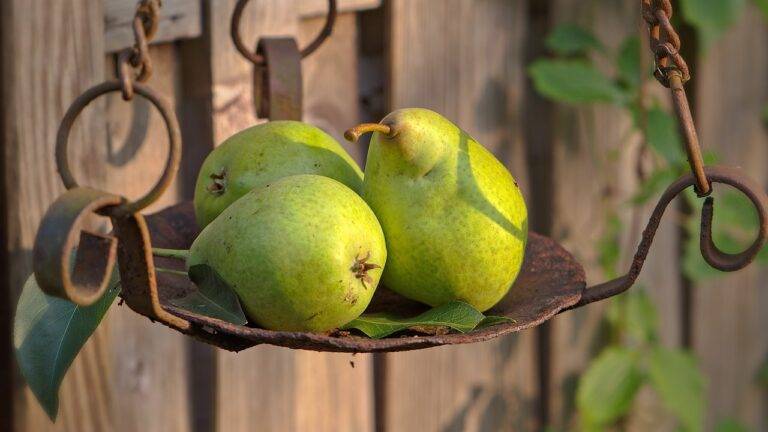Food Industry and Ecosystem Preservation
One of the main challenges faced by the food industry in maintaining ecosystem balance is the overuse of chemical pesticides and fertilizers. While these inputs are essential for maximizing crop yields, their excessive application can lead to soil degradation, water pollution, and harm to non-targeted organisms such as beneficial insects and wildlife. Finding a balance between increasing agricultural productivity and minimizing environmental impact remains a key issue for farmers and policymakers alike.
Another significant hurdle is the loss of natural habitats due to agricultural expansion. As the demand for food continues to rise with a growing global population, more land is being converted for farming purposes, leading to deforestation and habitat destruction. This loss of biodiversity can disrupt delicate ecosystems, threaten endangered species, and reduce the resilience of the environment to withstand climate change and other disturbances. Addressing this challenge requires innovative land-use planning, conservation practices, and the promotion of sustainable farming methods to ensure a harmonious coexistence between food production and conservation efforts.
The Impact of Food Production on Biodiversity Loss
Food production practices have been linked to significant declines in biodiversity around the world. The expansion of agricultural lands, the use of chemicals such as pesticides and fertilizers, and the introduction of genetically modified organisms have all contributed to the loss of various plant and animal species. These activities have disrupted natural ecosystems, leading to imbalances that threaten the health and stability of our environment.
As biodiversity continues to decline, the consequences are far-reaching. Loss of biodiversity can impact soil health and nutrient cycling, pollination of crops by bees and other insects, and the overall resilience of ecosystems to environmental changes. Moreover, the loss of diverse species weakens ecosystems’ ability to provide essential services such as clean air and water, ultimately affecting human well-being. Efforts to mitigate the impact of food production on biodiversity loss are crucial to ensuring a sustainable future for both our planet and ourselves.
• The expansion of agricultural lands has led to habitat destruction and fragmentation, displacing numerous plant and animal species.
• The use of pesticides and fertilizers in food production contaminates soil and water, harming both terrestrial and aquatic ecosystems.
• Genetically modified organisms can outcompete native species, leading to a decrease in biodiversity.
• Loss of biodiversity can result in reduced crop yields, threatening global food security.
• Conservation efforts such as sustainable farming practices, protected areas for wildlife, and restoration of degraded habitats are essential to combat biodiversity loss caused by food production.
Strategies for Sustainable Agriculture in the Food Industry
One key strategy for promoting sustainable agriculture in the food industry is the implementation of crop rotation. By rotating different crops on the same piece of land, farmers can help maintain soil health and fertility, reduce the buildup of pests and diseases, and decrease the need for chemical inputs. This practice also helps to improve water retention in the soil and reduce erosion, contributing to overall ecosystem health.
In addition to crop rotation, the use of cover crops is another effective strategy for promoting sustainability in agriculture. Cover crops help to prevent soil erosion, suppress weeds, improve soil structure, and enhance biodiversity. They also contribute to carbon sequestration, helping to mitigate climate change. By incorporating cover crops into their farming practices, producers can improve the long-term health of their land while also reducing the need for synthetic fertilizers and pesticides.
What are some of the challenges faced by the food industry in maintaining ecosystem balance?
Some of the challenges include soil degradation, water scarcity, deforestation, and pollution from chemical fertilizers and pesticides.
How does food production impact biodiversity loss?
Food production can lead to habitat destruction, fragmentation, and pollution, which can result in the loss of biodiversity and the extinction of species.
What are some strategies for sustainable agriculture in the food industry?
Some strategies include crop rotation, organic farming practices, reducing food waste, promoting agroforestry, and using natural pest control methods.







